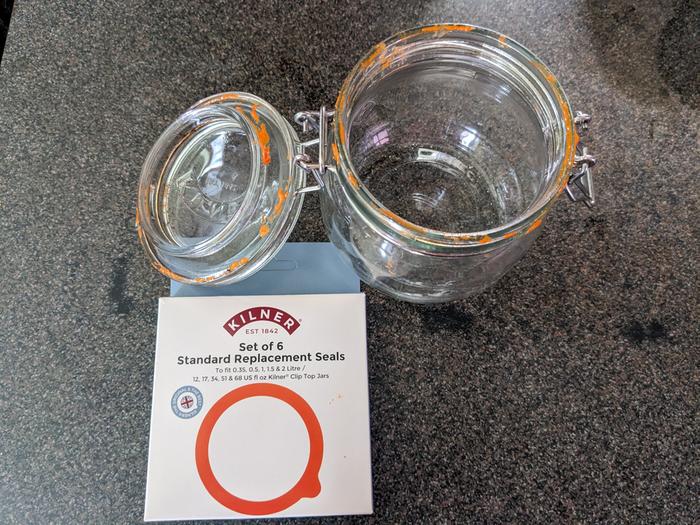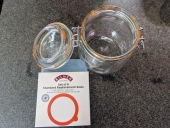


The Humble Soapnut - A Guide to the Laundry Detergent that Grows on Trees ebook by Kathryn Ossing
will be released to subscribers in:
soon!



 5
5





--
"Whitewashed Hope: A Message from 10+ Indigenous Leaders and Organizations"
https://www.culturalsurvival.org/news/whitewashed-hope-message-10-indigenous-leaders-and-organizations

 4
4




How Permies works: https://permies.com/wiki/34193/permies-works-links-threads
My projects on Skye: The tree field, Growing and landracing, perennial polycultures, "Don't dream it - be it! "
 4
4




Invasive plants are Earth's way of insisting we notice her medicines. Stephen Herrod Buhner
Everyone learns what works by learning what doesn't work. Stephen Herrod Buhner





 2
2




Proudly presenting RocketMassHeaters.com
A good starting point to all RMH research
How Permies.com works
 4
4




--
"Whitewashed Hope: A Message from 10+ Indigenous Leaders and Organizations"
https://www.culturalsurvival.org/news/whitewashed-hope-message-10-indigenous-leaders-and-organizations
 6
6




Visit Redhawk's soil series: https://permies.com/wiki/redhawk-soil
How permies.com works: https://permies.com/wiki/34193/permies-works-links-threads





 5
5




Ac Baker wrote:
Of course, we want the jar to remain food safe, which rules out numerous options.
Proudly presenting RocketMassHeaters.com
A good starting point to all RMH research
How Permies.com works
 4
4




--
"Whitewashed Hope: A Message from 10+ Indigenous Leaders and Organizations"
https://www.culturalsurvival.org/news/whitewashed-hope-message-10-indigenous-leaders-and-organizations
 7
7





 7
7




 8
8




Nails are sold by the pound, that makes sense.
Soluna Garden Farm -- Flower CSA -- plants, and cut flowers at our farm.
 13
13




Ela La Salle wrote:I had similar problem but with white rubber on same glass jar type you have. I used Goo Gone by placing jar upside down on a small glass plate filled with Goo Gone, let sit for few minutes, wiped off with paper towel.
--
"Whitewashed Hope: A Message from 10+ Indigenous Leaders and Organizations"
https://www.culturalsurvival.org/news/whitewashed-hope-message-10-indigenous-leaders-and-organizations















Phil Stevens wrote:For what it's worth, WD-40 .. is fish oil.
--
"Whitewashed Hope: A Message from 10+ Indigenous Leaders and Organizations"
https://www.culturalsurvival.org/news/whitewashed-hope-message-10-indigenous-leaders-and-organizations







 2
2





|
All that thinking. Doesn't it hurt? What do you think about this tiny ad?
The new permaculture playing cards kickstarter is now live!
https://www.kickstarter.com/projects/paulwheaton/garden-cards
|





